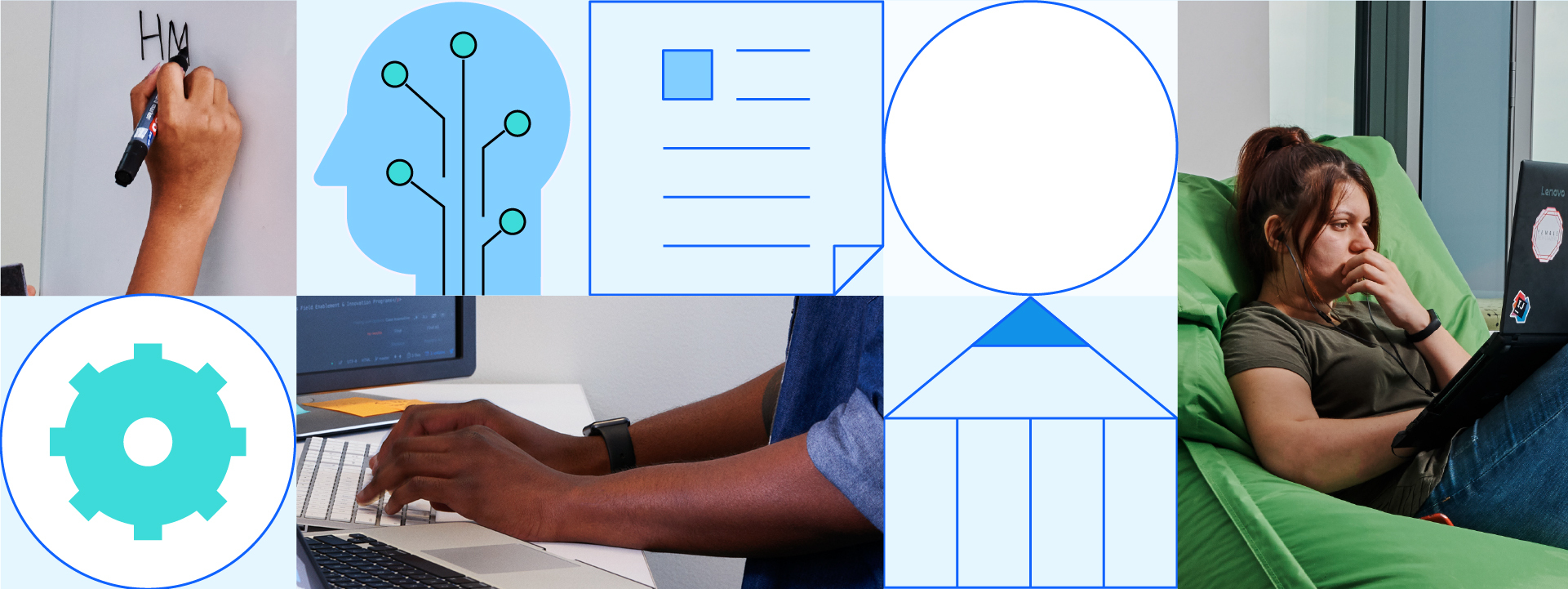We Want Higher Service Expertise to Construct Resilient Well being Methods

By visitor contributors Samantha Noshin Noor and Hannah Hausi
On the subject of looking for well being companies, the flexibility to entry high-quality care stays a privilege for a lot of. In 2017, the World Financial institution and WHO discovered that not less than half of the world’s inhabitants lacks entry to important well being companies. Since 2020, circumstances have solely worsened because of the COVID-19 pandemic. Well being programs have been stretched to the restrict, with companies dealing with continued disruptions.
Whereas well being service availability and entry challenges preceded the pandemic, the previous couple of years have underscored the significance of the way in which through which companies are delivered and acquired. As improved and sustained well being outcomes depend on the choices of individuals to hunt and proceed care, restoring belief in well being programs is crucial. Bettering the service expertise (SE) can assist chart a path to constructing resilient well being programs for the longer term.
What’s Service Expertise?
Think about you want a blood panel take a look at and have the choice of selecting between two clinics to obtain care. What would draw you to at least one as an alternative of the opposite? There are a variety of questions you would possibly ask, akin to:
- Which is less complicated to schedule with or has shorter wait instances?
- Which has pleasant, expert employees or a clear and secure surroundings?
- Has one been really useful by household and mates?
SE touches on such issues. It contains the standard of interactions skilled alongside the journey to well being – all factors of contact earlier than, throughout, and after service supply – and past these interactions to incorporate different components, akin to neighborhood voice, advocacy, well being employee empowerment, and extra, which can finally affect the supply and expertise of care. A key good thing about improved SE is establishing belief and confidence within the well being system, influencing an individual’s choice to hunt care and maintain coming again.
A damaging SE might be traumatizing, leading to disengagement from looking for care from a supplier, facility, and even your entire well being system. For many years, person-centered care fashions have championed dignified, related, and empowering approaches to enhance care. SE enhances these fashions via a programs method, analyzing the design of well being programs via intersections between the person, neighborhood, and broader institutional ranges.
Service Expertise in Motion: Insights from Immunization
One approach to improve SE is thru fostering constructive client-provider relationships. In Nepal, qualitative interviews performed by the Kathmandu College-led Behavioral Science Heart revealed that the choice to vaccinate a baby typically occurred earlier than they had been even born: anticipating moms’ remedy (e.g., scolding by well being staff) throughout antenatal care visits was so poor that it influenced their choice to by no means return to well being services. Conversely, those that had favorable interactions with their suppliers felt inspired to return to vaccinate their baby and search different well being companies. Moreover, suppliers with satisfactory sources, capacity-building, and mentorship felt empowered to offer high-quality care to their shoppers.
SE can be improved exterior of healthcare settings, by participating immediately with communities. In six nations, the Maternal and Baby Survival Program (MCSP) deployed My Village My House (MVMH), a software to measure vaccination protection. In Malawi, immunization was sometimes monitored by authorities entities and exterior actors. MVMH put energy into the arms of the neighborhood, pairing village heads with volunteers to go door-to-door encouraging vaccination and monitoring protection themselves. Following the visits, neighborhood members confessed that when acquainted faces appeared at doorsteps, it evoked a way of reliability and belief in a method that wasn’t doable earlier than. By the tip of the 2-year program, vaccination charges rose from 68 to 91 % throughout 130 villages – a transparent signal that enhancing SE was working.
What Subsequent?
It’s vital to enhance SE wherever doable, as the choice to hunt and proceed care is fragile. SE permits us to contemplate the varied socio-ecological elements that influence the well being system and can be utilized as a lens for steady enchancment in any respect ranges of care. Finally, good SE means adjusting the expertise and never the consumer.
Although SE considers many elements, an entire re-design of well being programs isn’t mandatory to realize improved outcomes. Relying on the nation or context, some parts associated to SE could also be extra urgent to handle than others – and a few enhancements might already be underway. If you’re in search of methods to enhance SE, some nice methods to interact embrace:
Collectively, we are able to work in the direction of a future with higher SE, and guarantee resilient well being programs within the years to come back.
Concerning the authors:

Samantha Noshin Noor helps the design and implementation of world well being packages for donors, governments, and companies. Primarily based in Washington, DC, with John Snow, Inc. (JSI), she brings an revolutionary and systems-thinking method to enhance well being outcomes world wide. In her free time, she might be discovered jamming out to new tunes, mountaineering, or exploring native eats.

Hannah Hausi is a public well being specialist, holding a Grasp’s diploma in Public Well being from Kamuzu College of Well being Sciences (KUHES). She has labored for over 20 years on a number of preventive well being interventions. Hannah has labored with JSI in Malawi as an Immunization Technical Advisor for 10 years, and previous to this, she was with the Ministry of Well being for 17 years. She is presently offering Technical Help to the Ministry of Well being’s Expanded Program on Immunization (EPI) for routine immunization and new vaccine introductions, together with COVID-19 vaccination.




